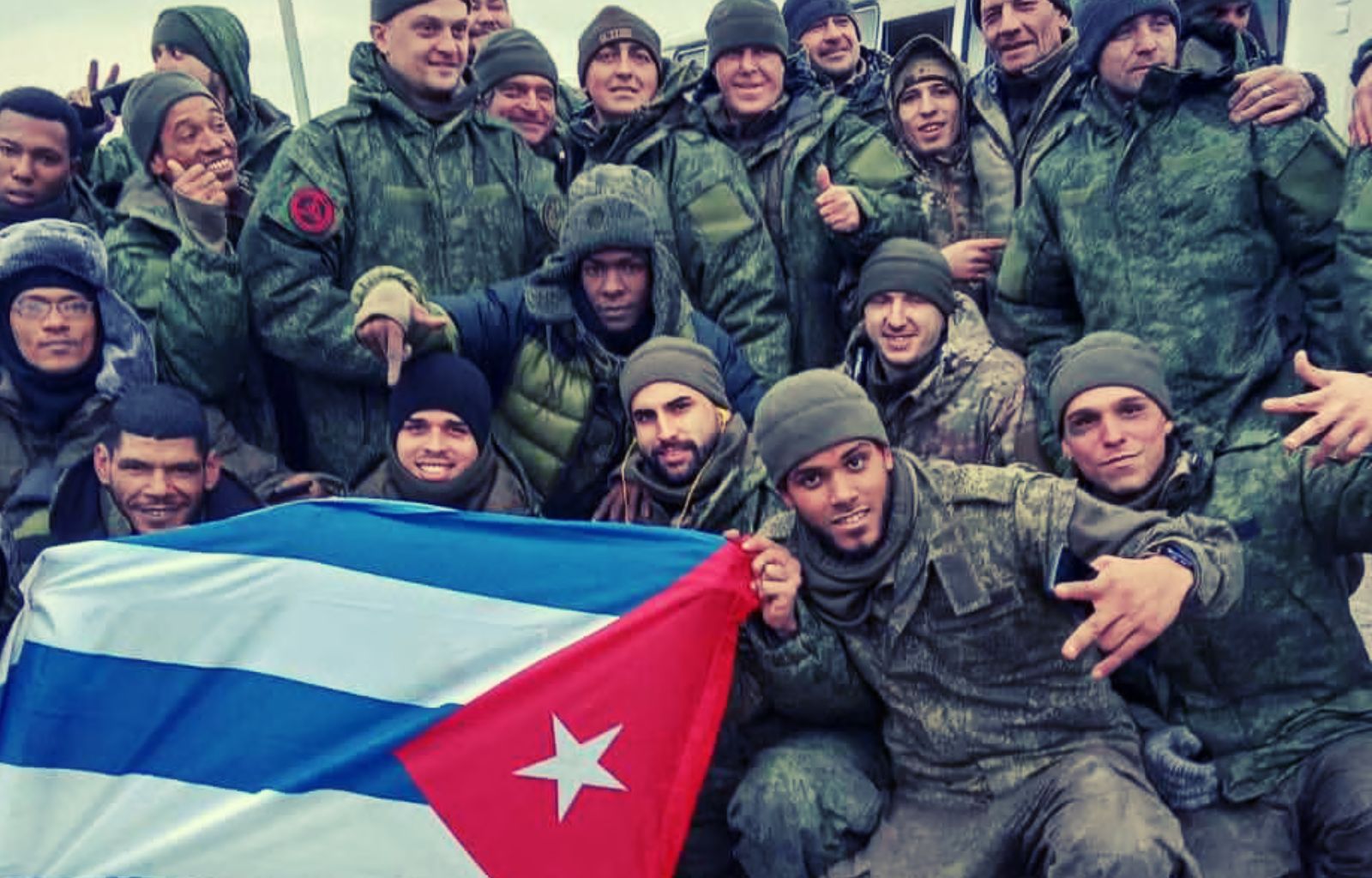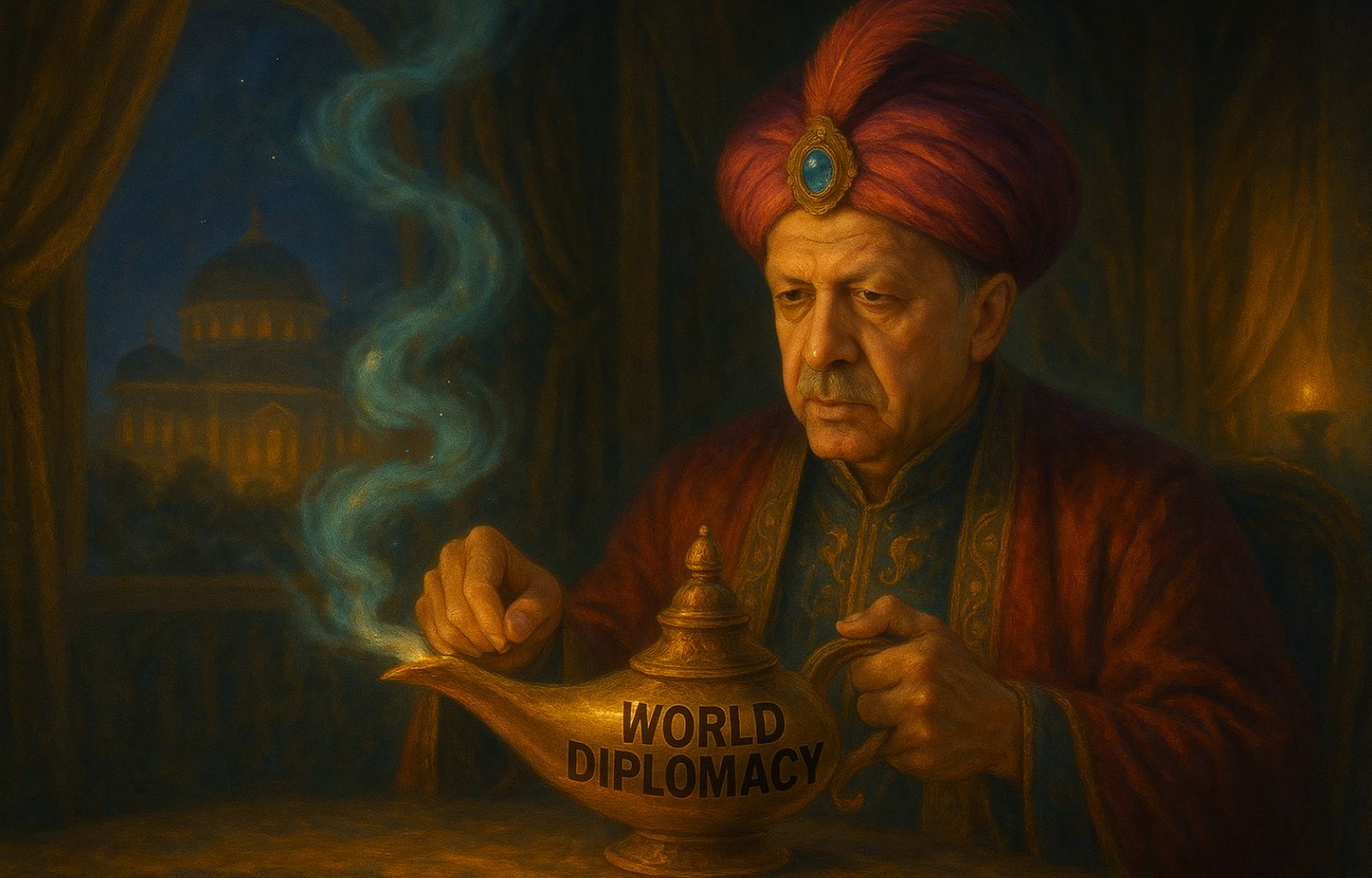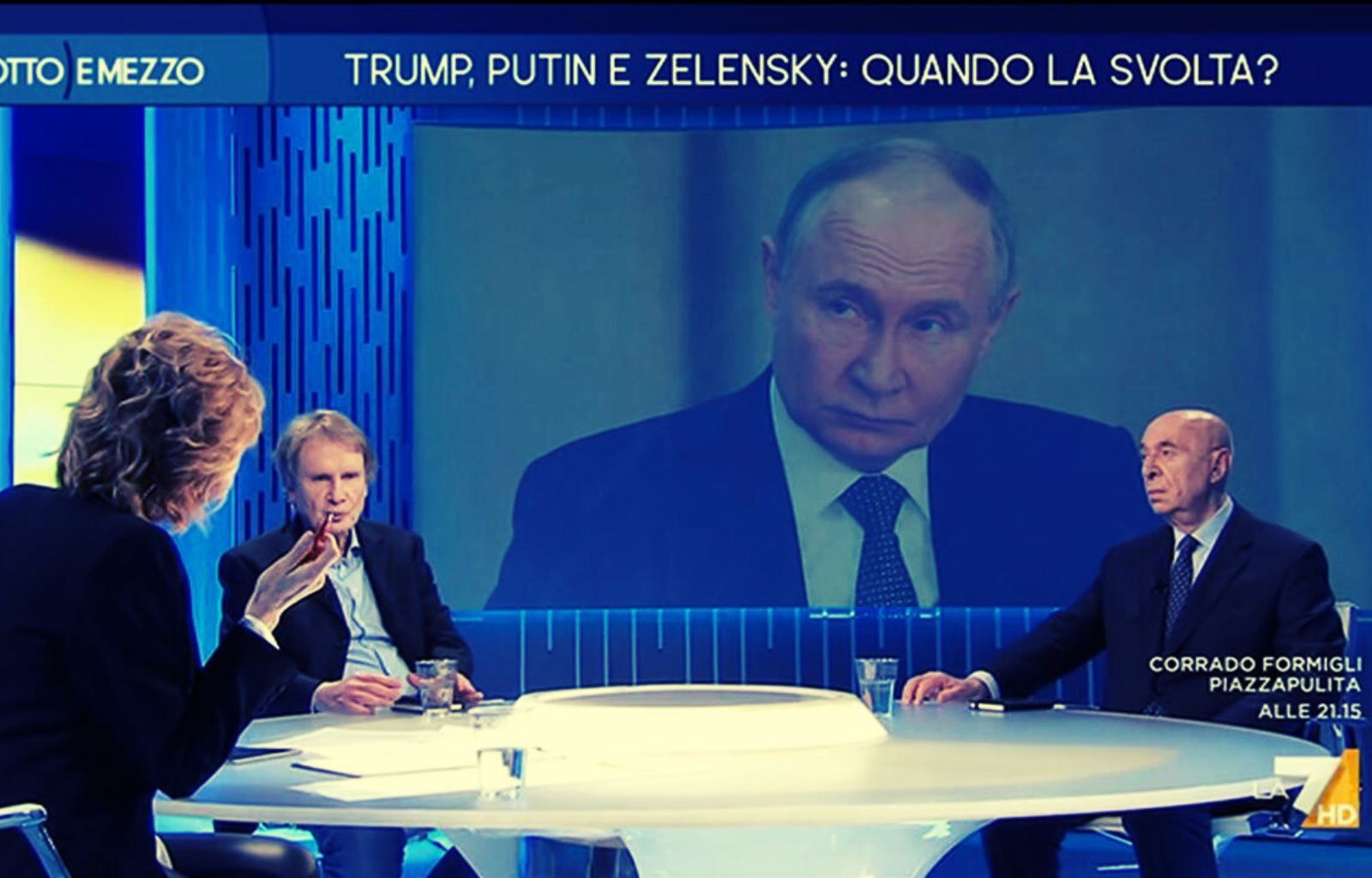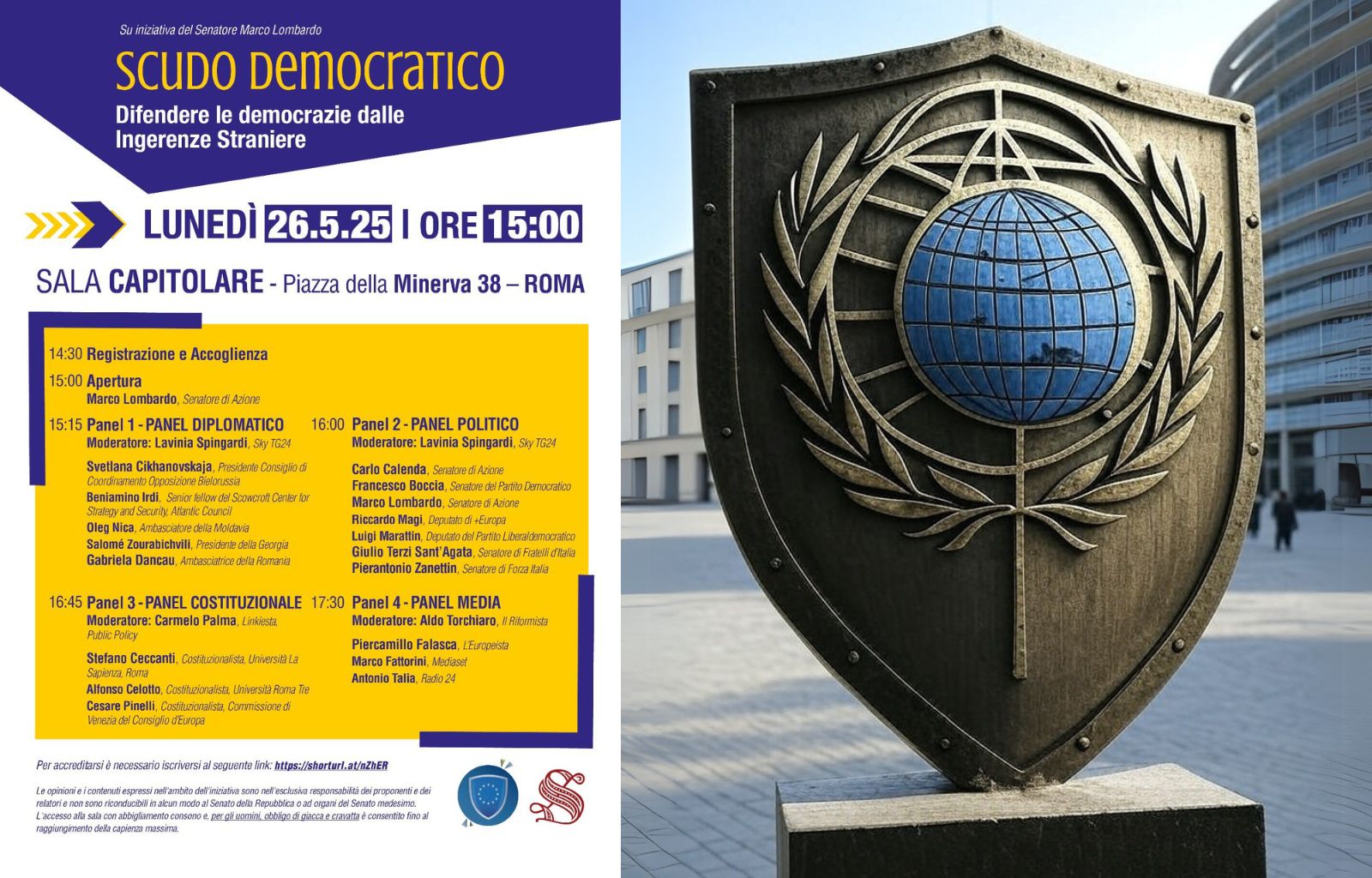Poland, the nationalist right conquers the presidency. What changes for Europe?
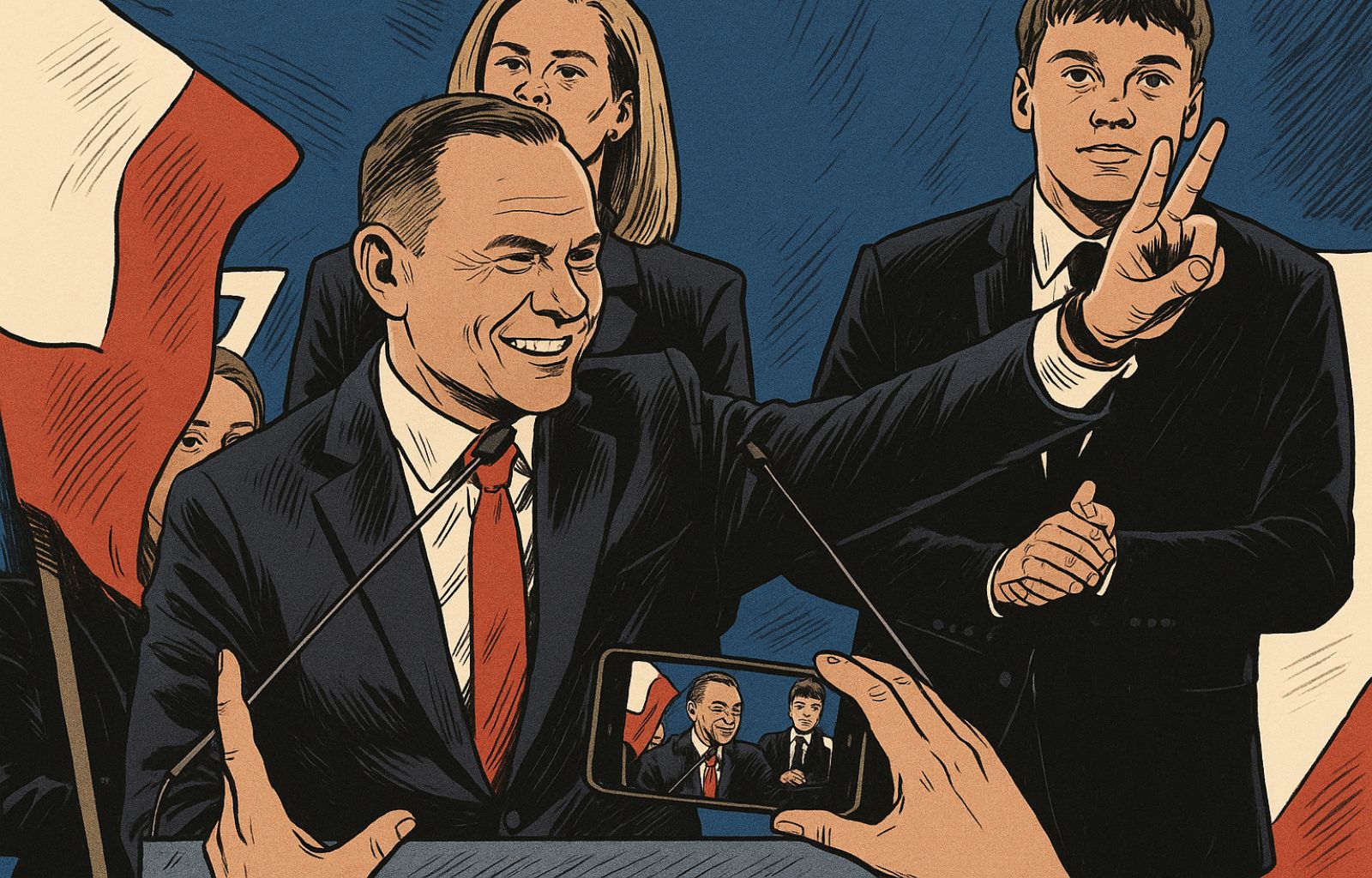
For some time now, on L’Europeista, we have been closely following political developments in Poland. It is not just an internal barometer: Warsaw is now a central node in European dynamics. It is the most visible theatre of the clash between sovereignism and integration, but also a key player in the construction of common European defence. With a rapidly growing military expenditure and a strategic position on the border with Ukraine and Belarus, Poland plays a crucial role in the security balance of the entire continent, especially in relations with Moscow. Every political shift in Warsaw has implications far beyond its borders.
It is in this context that Karol Nawrocki’s victory in the presidential elections comes into play: a narrow victory, but one with enormous political weight. With 50.89% of the vote, Karol Nawrocki was elected president of Poland, overtaking the liberal-conservative mayor of Warsaw, Rafal Trzaskowski, in the runoff. The turnout reached 72.8%, a high figure that confirms how this electoral round was experienced as a crucial crossroads for the future of the country. Voters mobilised en masse, aware that it was not just a matter of choosing a head of state, but of steering the course of the entire nation.
A breathless victory
For Law and Justice (PiS), the national-conservative party, this is technically a confirmation at the head of state (the outgoing president Andrzej Duda belongs to the same party as the new one). However, in recent times, PiS had been losing ground, worn down by tensions with the European Union, accusations of undermining the rule of law, and an uncertain handling of the domestic economy. Therefore, Nawrocki’s victory provides the party with a new institutional lever and fresh momentum ahead of future parliamentary elections.
Two visions of Poland confront each other relentlessly: on the one hand the identity and sovereignist appeal, on the other an idea of modernisation anchored in liberal values and European integration. Neither succeeds in asserting itself decisively.
Nawrocki: historian, conservative, ideological soul of PiS
Until recently, Karol Nawrocki was best known for his role at the head of the Institute of National Remembrance. Today he embodies the purest ideological soul of PiS. A historian by training, he is a staunch advocate of a patriotic narrative of the past, distrustful of Western cultural influence, which he considers decadent and corrosive. He defends a sovereignist vision of the state, in which national identity, religion and authority are inalienable cornerstones. His election opens up a new institutional balance: PiS wins the Warsaw Quirinal, while the government remains in the hands of Donald Tusk’s more centrist and pro-European Civic Coalition (KO). The cohabitation between these two opposing forces promises tough fights on justice, education, public media and migration policies.
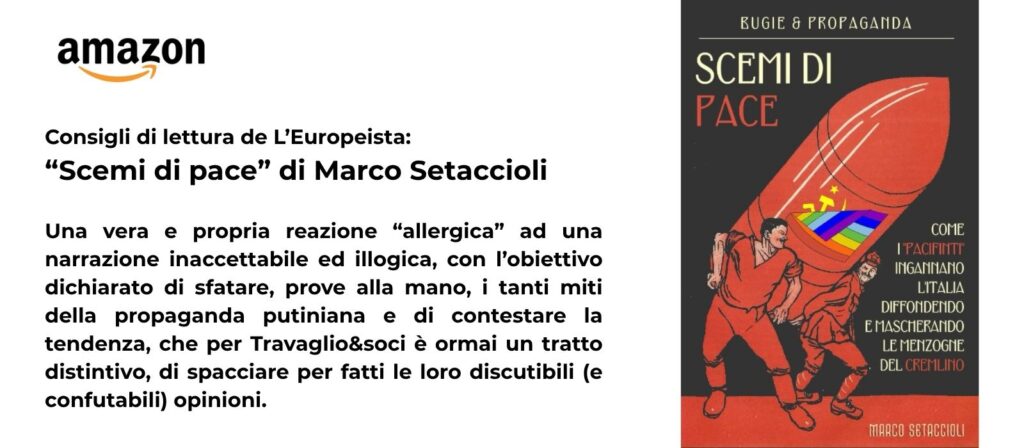
Brussels observes, between caution and concern
For the EU, the return of PiS to the head of state is a cause for attention and alert. Although the president has no direct executive power, he can block laws, vetoes and slow down key processes, including the reforms needed to unlock European funds linked to the National Recovery and Resilience Plan. In Brussels, it is hoped that Nawrocki, once in office, will adopt a more institutional and less aggressive tone than that shown during the election campaign. But the fear that he will become the guarantor of a hard line towards the EU is far from unfounded. The climate could stiffen further, bringing the clash between sovereignism and integration back to the centre.
A country to mend
Beyond Nawrocki’s victory, the polls revealed a country divided along deep fault lines: city versus countryside, young versus old, urban progressivism versus traditional conservatism. The split is not just electoral, but identity. It concerns the very vision of what Poland should be in the 21st century. The task that awaits Nawrocki is enormous: will he be able to step out of the role of party man and become a president for everyone? His presidency opens at a time of great fragility. And balance, listening and sense of state will be needed to prevent this narrow victory from turning into a new breaking point. At stake is not only internal stability, but also Poland’s role in the heart of Europe.





